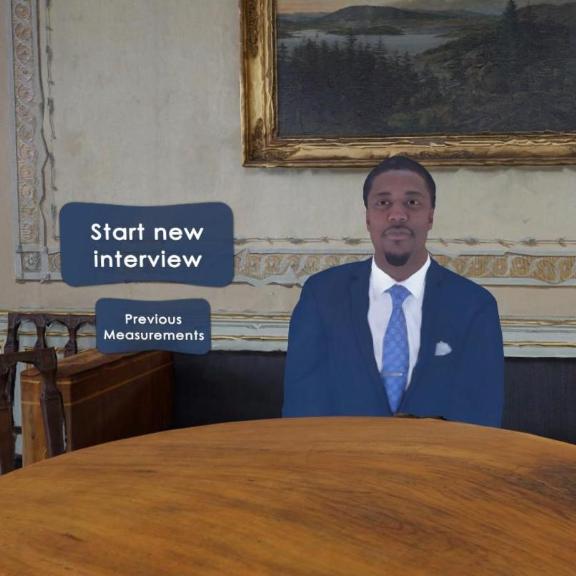A job interview is a crucial step in the recruitment process and can determine whether you secure the desired position or not. It provides an opportunity for the employer to assess your skills, qualifications, and suitability for the job. In this article, we will share five valuable tips to help you increase your chances at a job interview and stand out from other candidates.;
One of the best ways to impress your interviewers is to demonstrate your knowledge about the company and its industry. Take the time to research the organization, their mission, values, recent achievements, and any relevant industry news. This information will help you tailor your answers during the interview and show that you are genuinely interested in working for the company.;
Preparation is key to performing well in any job interview. Start by thoroughly reviewing your resume and highlighting key experiences and achievements that are relevant to the position you are applying for. Develop concise and compelling answers for common interview questions and practice them aloud to improve your delivery. Additionally, research common interview techniques such as behavioral-based questions and be ready to provide specific examples of how you have handled similar situations in the past.;
First impressions are crucial, and your attire plays a significant role in how you are perceived during a job interview. Dress professionally and appropriately for the industry and position you are applying for. When in doubt, it is always better to be slightly overdressed than underdressed. Your appearance should convey professionalism, confidence, and respect for the opportunity.;
In addition to technical qualifications, employers also value soft skills such as communication, teamwork, problem-solving, and adaptability. During your interview, make an effort to showcase these skills through your answers and examples from your previous experiences. Emphasize your ability to work well with others, handle challenging situations, and continuously learn and improve.;
After the interview, it is essential to follow up and thank the interviewers for their time and consideration. Sending a personalized thank-you note or email within 24 hours not only shows your appreciation but also keeps you fresh in the employer's mind. Use this opportunity to reiterate your enthusiasm for the position and briefly mention any key points or qualifications you may have missed during the interview.;
Researching the company before a job interview is crucial in demonstrating your interest, preparation, and understanding of the company's values and goals. It helps you make a positive first impression.
Read MoreSocial media plays a significant role in the job interview process, influencing how candidates are perceived and providing valuable information for recruiters. It can impact a candidate's chances of b...
Read MoreIn job interviews, candidates can showcase their interest and curiosity by asking thoughtful and engaging questions. These questions should demonstrate genuine curiosity, a desire to learn more about ...
Read MoreThis article provides practical tips for enhancing communication skills and projecting confidence during a job interview. It discusses the importance of effective communication, describes key values a...
Read More

